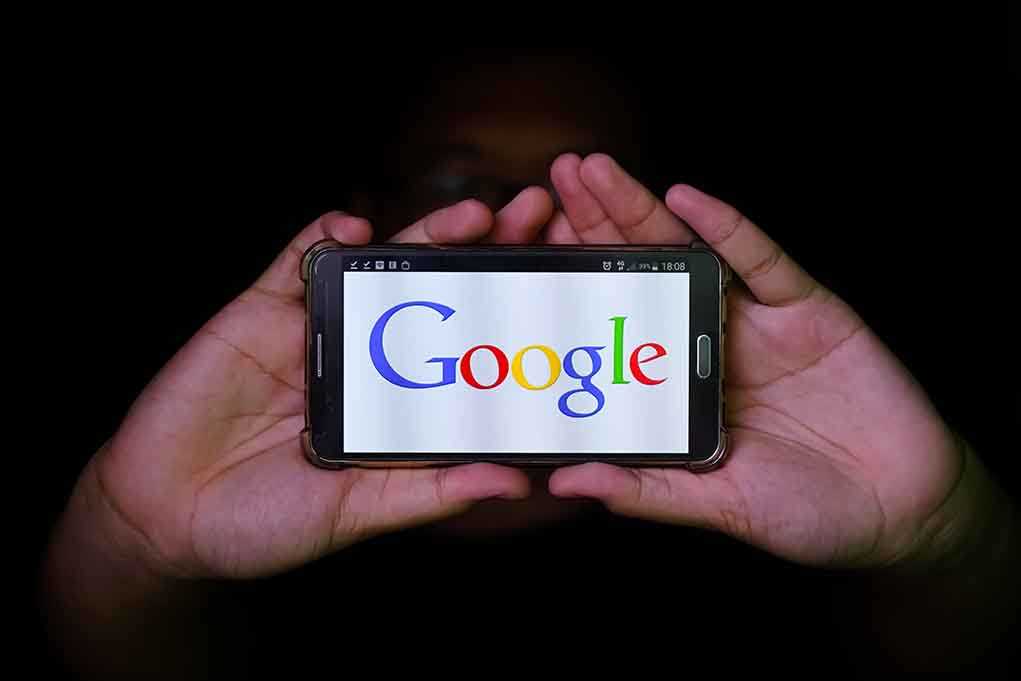
Google has been caught red-handed stealing cellular data from 14 million Android users without their knowledge, resulting in a massive $314 million jury verdict that exposes Big Tech’s ongoing contempt for Americans’ privacy rights.
Key Takeaways
- A California jury ordered Google to pay $314.6 million for secretly collecting Android users’ cellular data without permission
- Google allegedly programmed Android phones to secretly transfer data while devices were idle, using consumers’ paid data plans
- The class action lawsuit represents approximately 14 million California Android users who were affected by Google’s practices
- A separate federal lawsuit covering Android users in the remaining 49 states is scheduled for trial in April 2026
- Google plans to appeal the verdict, claiming users consented through terms of service, despite the jury’s clear rejection of this argument
Big Tech’s Invasion of Privacy Exposed
In a significant blow to Google’s data collection practices, a California jury has ordered the tech giant to pay $314.6 million to Android users whose privacy was violated through unauthorized cellular data collection. The class action lawsuit, filed in 2019 on behalf of approximately 14 million California Android users, revealed that Google was secretly harvesting data from idle smartphones without user permission. This verdict represents a rare victory for consumers against one of the most powerful technology companies in the world, whose business model relies heavily on collecting vast amounts of personal data for advertising purposes.
The San Jose trial uncovered that Google had programmed Android devices to transmit data to its servers even when users weren’t actively using their phones. “This surreptitious data collection occurred without explicit consent and at the expense of users’ paid cellular data plans,” according to court documents, the plaintiffs successfully argued that these data transmissions constituted “mandatory and unavoidable burdens” that financially benefited Google while forcing consumers to bear the costs of data usage they never authorized or were aware of.
“forcefully vindicates the merits of this case and reflects the seriousness of Google’s misconduct,” said Plaintiffs’ attorney, Glen Summers
Google’s Defense Falls Flat
Despite the decisive jury verdict, Google remains defiant and has announced plans to appeal the decision. The company’s primary defense centered on claims that users had consented to such data transfers through terms of service and privacy policies—complex legal documents that few consumers fully read or understand. Google also argued that the data collection was necessary for the proper functioning of Android devices, an explanation that failed to persuade the jury who saw through this justification and recognized the company’s true motives: enhancing its advertising and mapping capabilities at users’ expense.
Google spokesperson Jose Castaneda attempted to downplay the significance of the verdict, claiming the decision “misunderstands services that are critical to the security, performance, and reliability of Android devices.” This response exemplifies the typical corporate dismissal of legitimate privacy concerns that has become all too common among Big Tech companies. The jury’s rejection of Google’s arguments shows growing public awareness and intolerance of the predatory data practices that have long been standard in the technology industry.
“misunderstands services that are critical to the security, performance, and reliability of Android devices,” stated Jose Castaneda, Google spokesperson.
Nationwide Implications and Future Legal Battles
The California verdict may be just the beginning of Google’s legal and financial troubles over this privacy violation. A separate federal lawsuit representing Android users in the remaining 49 states is scheduled for trial in April 2026. If that case results in a similar outcome proportional to the number of affected users nationwide, Google could face a substantially larger financial penalty. This California ruling establishes an important precedent for holding technology companies accountable for deceptive data practices that have too often gone unchallenged.
This case highlights President Trump’s consistent warnings about Big Tech overreach and the need for stronger protections for American consumers. While the Biden administration continually coddled Silicon Valley giants, allowing them to exploit user data with minimal consequences, the judicial system has stepped in where regulators failed. The $314 million judgment, while significant, represents just a fraction of Google’s annual revenue, raising questions about whether such penalties are sufficient deterrents for companies that profit enormously from collecting and monetizing personal data.

















